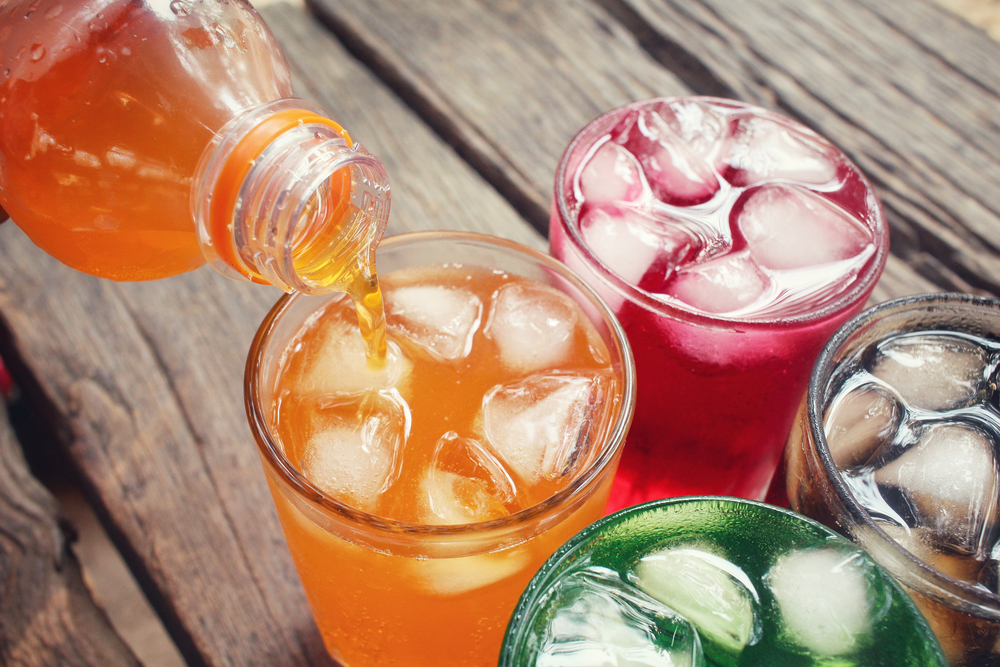A recent study published in the journal JAMA Health Forum provides solid evidence that soda levies are beneficial in reducing sugary drink consumption. The study examines five U.S. cities, including Philadelphia, Seattle, San Francisco, Oakland, and Boulder, and finds a consistent decline in sales following the adoption of taxes ranging from one to two cents per ounce.
According to lead author Scott Kaplan, an economics professor at the United States Naval Academy, the study takes a novel method by examining the cumulative impact of soda levies across different locations. “For every one percent increase in price, we find that purchases fall by about one percent,” Kaplan says, highlighting the link between price increases and decreased consumption.
Significant price increases result in substantial purchase declines
The survey shows sugar-sweetened drink costs increased by an average of 33.1 percent, but purchases decreased by an identical amount (33 percent). This association highlights the direct impact of pricing on consumer behavior. The data indicate that people are sensitive to increasing prices and adjust their purchasing habits accordingly.
Kaplan highlights the substantial and sustained effect, stating, “When people had to pay more for sugary drinks, they reduced their purchases – and the effect was large and sustained.” This understanding of consumer behavior may pave the path for more widespread implementation of soda levies at the state or national levels.
Debunking the myth of cross-border purchases
A common objection to soda taxes is that consumers may seek cheaper alternatives outside taxed areas. However, the study contradicts previous findings by showing no indication of consumers traveling to neighboring regions to escape taxes. This dispels the myth that such taxes just redistribute the burden instead of reducing overall consumption.
Kaplan explains that inconsistent findings from previous studies motivated the current study to investigate whether people made cross-border purchases. The team discovered no supporting data, confirming the impact of the tariffs on local consumption patterns.
Public health experts advocate for soda taxes
Public health professionals, including Jennifer Pomeranz from New York University, support soda taxes as an important public health measure. Pomeranz underlines the lack of nutritional value in sugary drinks, which account for a considerable amount of added sugar in the American diet. The link between excessive sugar consumption and health problems such as diabetes, obesity, and heart disease emphasizes the significance of limiting sugary beverage consumption.
“Sugar-sweetened beverages make up a quarter of all the added sugar we see in the average adult American diet. And that’s a really big amount,” notes Kaplan. The data lends credence to the claim that soda taxes have an important role in preventing diet-related disorders.
Renewed interest in soda taxes: a possible health boost
Despite initial obstacles and criticism from the beverage industry, the study’s findings are expected to spark renewed interest in soda taxes. Pomeranz believes that the positive results could rekindle momentum for implementing such levies, especially given the endorsements of major health groups such as the American Heart Association and the World Health Organization.
Pomeranz expressed confidence, saying, “The new findings are ‘great.’ I am thinking it could renew interest.” The study’s ability to refocus attention on the benefits of soda taxes may influence policy changes targeted at encouraging healthier beverage choices.
Beverage industry response and counterarguments
While the American Beverage Association believes that the industry’s strategy of providing lower-sugar choices is effective, the study questions this. According to the report, despite industry efforts, taxes continue to be an effective tool for lowering sugary drink consumption. The dispute over industry interests vs public health considerations continues.
The American Beverage Association responded to the study by emphasizing customer choice, claiming, “The calories that people get from beverages have decreased to its lowest level in decades.” The industry’s opposition to sugary drink levies remains a source of dispute, despite the study’s data in favor of their effectiveness.
The study’s detailed review of soda taxes in various cities sheds information on their efficacy in lowering sugary drink consumption. As health experts urge for these taxes to prevent diet-related disorders, the findings may rekindle support for their implementation, challenging the beverage industry’s resistance and encouraging healthier choices.
Source study: JAMA Health Forum—Evaluation of changes in prices and purchases following implementation of sugar-sweetened beverage taxes across the US











